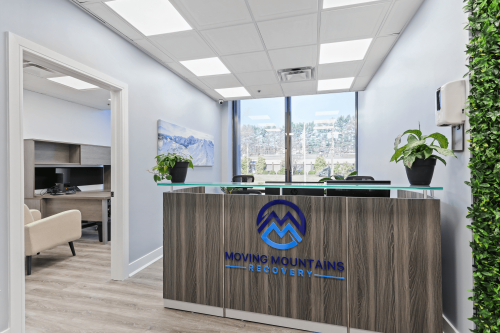
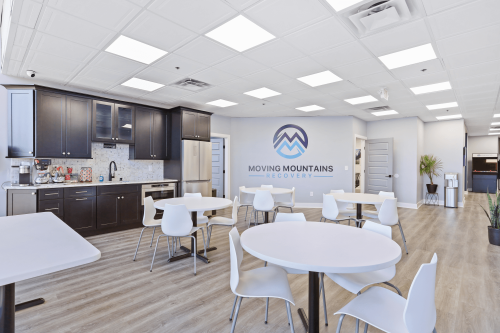
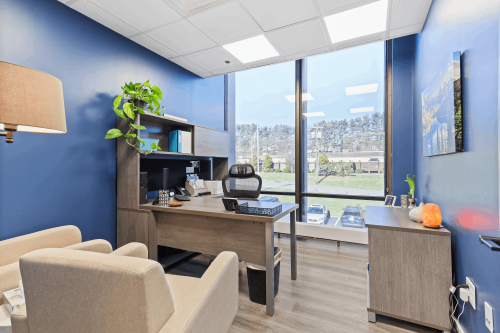
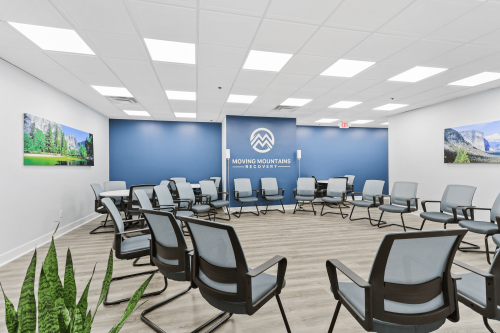





Moving Mountains Recovery
Verified Center
This provider's information has been quality-checked by Recovery.com's Research Team for accuracy and completeness, including center verification through appropriate third-party organizations.
Treatment Focus
This center primarily treats substance use disorders, helping you stabilize, create relapse-prevention plans, and connect to compassionate support.
Primary Level of Care
Outpatient treatment offers flexible therapeutic and medical care without the need to stay overnight in a hospital or inpatient facility. Some centers offer intensive outpatient program (IOP), which falls between inpatient care and traditional outpatient service.
Treatment Focus
This center primarily treats substance use disorders, helping you stabilize, create relapse-prevention plans, and connect to compassionate support.
Primary Level of Care
Outpatient treatment offers flexible therapeutic and medical care without the need to stay overnight in a hospital or inpatient facility. Some centers offer intensive outpatient program (IOP), which falls between inpatient care and traditional outpatient service.
Provider's Policy
There are a number of other factors that will determine if and how much of your treatment would be covered at Moving Mountains. When you contact the Moving Mountains Admissions Office, our team is able to conduct a verification to confirm what coverage is included in any particular healthcare plan.
Moving Mountains Recovery
Moving Mountains Recovery
About Moving Mountains Recovery
Moving Mountains Recovery blends adventure-based and holistic therapies to treat individuals struggling with addiction. They aim to help clients find new passions and bring meaning to their lives beyond substance use. They offer outpatient services ranging from 1-2 therapy sessions per week, to 9+ hours per week divided into several sessions, to daily participation for multiple hours per day. This flexible approach allows clients to receive therapy while continuing with work, school, or family responsibilities. They have treated 2,000+ clients, have 100+ years of combined experience, and maintain a 1:1 client-to-staff ratio.
Rewarding and Fulfilling Recovery Methods
Moving Mountains Recovery is committed to clinical excellence, which is why every client receives a custom treatment program designed by their clinical and medical team to meet his or her needs. The program revolves around emotionally focused therapy (EFT), which aims to bring awareness to difficult emotions, develop healthy coping strategies to manage those emotions, and improve social, familial, and intimate relationships. Clients also engage in adventure therapies, therapeutic recreation, and other hands-on activities. The goal of this type of dynamic, immersive treatment is to help clients find a new life that is so full of passion so there is no room left for drugs and alcohol. Moving Mountains also incorporates a variety of holistic treatments like yoga, meditation, and mindfulness, intended to address the mental, emotional, and spiritual aspects of recovery.
Growth through Outdoor Adventure
Moving Mountains Recovery believes in the power of adventure therapy to promote self-discipline and self-confidence through physically and mentally challenging, yet rewarding, experiences in wilderness settings. As a therapeutic approach that combines nature, community, and exercise, this therapy can help improve a client’s social, spiritual, physical, and psychological well-being. Activities often include rock climbing, hiking, kayaking, whitewater rafting, camping, skiing, fishing, snowboarding, and ropes courses. This hands-on and experiential approach to recovery can help destroy the negative mindset that many people enter treatment with. Their adventure-based challenges make anxiety and self-doubt become things of the past as clients grow, learn, and thrive in sobriety.
Aftercare for Alumni
The recovery process doesn’t end when treatment is completed. As an alumnus of Moving Mountains Recovery, clients who complete their program are welcome to be part of the various alumni programming options they offer. This includes joining alumni events, and coming back to share their stories with individuals who are currently in the treatment programs.

Highlights from the Center
Highlights
These highlights are provided by and paid for by the center.
Customized Treatment Plans
Holistic Approach
Addiction Recovery
Trauma Treatment
Center Overview
Treatment Focus
This center primarily treats substance use disorders, helping you stabilize, create relapse-prevention plans, and connect to compassionate support.
Joint Commission Accredited
The Joint Commission accreditation is a voluntary, objective process that evaluates and accredits healthcare organizations (like treatment centers) based on performance standards designed to improve quality and safety for patients. To be accredited means the treatment center has been found to meet the Commission's standards for quality and safety in patient care.

Moving Mountains Recovery
Insurance Accepted
Cash Pay Rates
Estimated Cash Pay Rate
Center pricing can vary based on program and length of stay. Contact the center for more information. Recovery.com strives for price transparency so you can make an informed decision.




Recovery.com Verified Listing
Recovery.com verified that the name, location, contact information and license to operate for this treatment provider are valid and up-to-date.

Joint Commission Accredited

Licensed by New Jersey
Recovery.com is an independent, third-party mental health resource. Verification does not imply endorsement and does not guarantee the quality of treatment services.
Meet Your Care Team
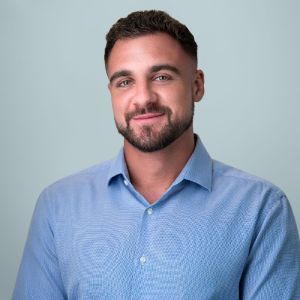
Bryce Ringel
Admissions Coordinator

Crystal Hickerson
Behavioral Health Technician

Curtis Bracy
Primary Therapist
LAC

Daniel Welborn
Admissions Coordinator
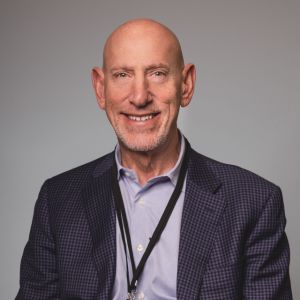
David Beck
Co-Founder/Chairman of the Board
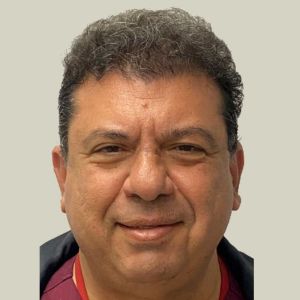
Dr. Evangelos Christodoulou
Psychiatrist
MD

Emily Greenberg
Group Facilitator

Emmanuel Davis
Case Manager

Eric Ferrante
Admissions Supervisor
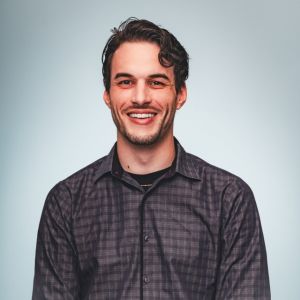
Jay Holodynsky
Case Manager
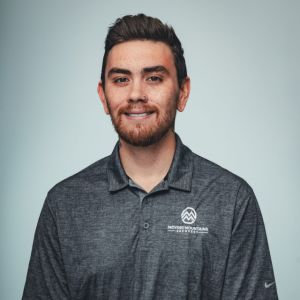
Jefferey Thomas
Chief Executive Officer & Co-Founder

Jesse Manning
Behavioral Health Technician
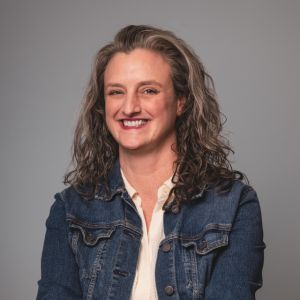
Kelly Donald
Advanced Practice Nurse
Master of Science in Nursing
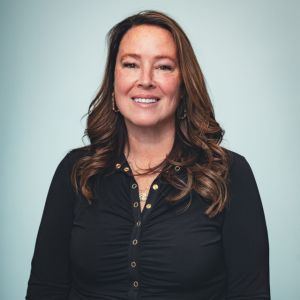
Kelly Sallie
Clinical Director
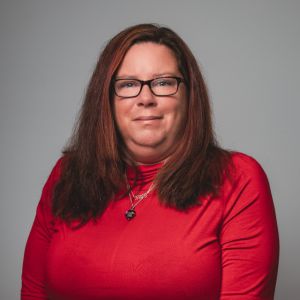
Kristen Burden
Primary Therapist

Megan Wolff
Group Facilitator
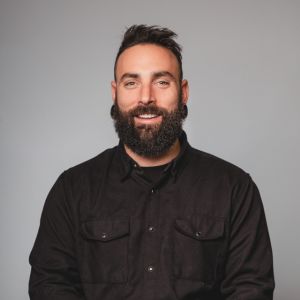
Myles Beck
Co-Founder

Penny Cleaves
Group Facilitator
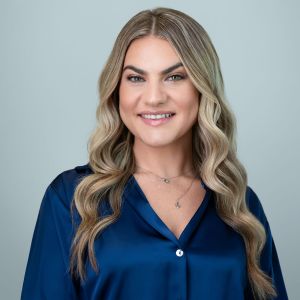
Rima Treynker
Director of Admissions
Your Care Options
Specializations
Adventure Therapy
This experiential approach uses the physical and emotional challenges of outdoor activities as tools for personal growth.
Alcohol
Using alcohol as a coping mechanism, or drinking excessively throughout the week, signals an alcohol use disorder.
Cocaine
Cocaine is a stimulant with euphoric effects. Agitation, muscle ticks, psychosis, and heart issues are common symptoms of cocaine abuse.
Drug Addiction
Drug addiction is the excessive and repetitive use of substances, despite harmful consequences to a person's life, health, and relationships.
Heroin
Heroin is a highly addictive and illegal opioid. It can cause insomnia, collapsed veins, heart issues, and additional mental health issues.
Holistic
A non-medicinal, wellness-focused approach that aims to align the mind, body, and spirit for deep and lasting healing.
Methamphetamine
Methamphetamine, or meth, increases energy, agitation, and paranoia. Long-term use can result in severe physical and mental health issues.
Prescription Drugs
It's possible to abuse any drug, even prescribed ones. If you crave a medication, or regularly take it more than directed, you may have an addiction.
Who We Treat
Men and Women
Men and women attend treatment for addiction in a co-ed setting, going to therapy groups together to share experiences, struggles, and successes.
Treatment Services
Day Treatment
In a PHP, patients live at home but follow an intensive schedule of treatment. Most programs require you to be on-site for about 40 hours per week.
Intensive Outpatient Program
In an IOP, patients live at home or a sober living, but attend treatment typically 9-15 hours a week. Most programs include talk therapy, support groups, and other methods.
Outpatient
During outpatient rehab, patients attend a structured treatment program while continuing to live at home.
Approaches
Evidence-Based
A combination of scientifically rooted therapies and treatments make up evidence-based care, defined by their measured and proven results.
Experiential
Expressive tools and therapies help patients process past situations, learn more about themselves, and find healing through action.
Holistic
A non-medicinal, wellness-focused approach that aims to align the mind, body, and spirit for deep and lasting healing.
Individual Treatment
Individual care meets the needs of each patient, using personalized treatment to provide them the most relevant care and greatest chance of success.
Therapies
1-on-1 Counseling
Patient and therapist meet 1-on-1 to work through difficult emotions and behavioral challenges in a personal, private setting.
Mindfulness Therapy
This ancient practice can be mental, emotional, and even spiritual. In meditation, you focus your attention on the present moment without judgement.
Adventure Therapy
This experiential approach uses the physical and emotional challenges of outdoor activities as tools for personal growth.
Family Therapy
Family therapy addresses group dynamics within a family system, with a focus on improving communication and interrupting unhealthy relationship patterns.
Massage Therapy
Massage therapy relieves physical and emotional tension, reduces pain, promotes relaxation, and improves emotion regulation.
Medication-Assisted Treatment
Combined with behavioral therapy, prescribed medications can enhance treatment by relieving withdrawal symptoms and focus patients on their recovery.
Psychoeducation
This method combines treatment with education, teaching patients about different paths toward recovery. This empowers them to make more effective decisions.
Substances We Treat
Alcohol
Using alcohol as a coping mechanism, or drinking excessively throughout the week, signals an alcohol use disorder.
Cocaine
Cocaine is a stimulant with euphoric effects. Agitation, muscle ticks, psychosis, and heart issues are common symptoms of cocaine abuse.
Drug Addiction
Drug addiction is the excessive and repetitive use of substances, despite harmful consequences to a person's life, health, and relationships.
Heroin
Heroin is a highly addictive and illegal opioid. It can cause insomnia, collapsed veins, heart issues, and additional mental health issues.
Methamphetamine
Methamphetamine, or meth, increases energy, agitation, and paranoia. Long-term use can result in severe physical and mental health issues.
Opioids
Opioids produce pain-relief and euphoria, which can lead to addiction. This class of drugs includes prescribed medication and the illegal drug heroin.
Prescription Drugs
It's possible to abuse any drug, even prescribed ones. If you crave a medication, or regularly take it more than directed, you may have an addiction.
Languages
Aftercare
Care Designed for Your Needs
Personal Amenities
Activities
Yoga
Yoga is both a physical and spiritual practice. It includes a flow of movement, breathing techniques, and meditation.
Learn More About the Center
Rock Climbing Therapy
Discover the advantages of rock climbing in addiction treatment.
Support for Friends and Family
Learn how to support and be supported as a loved one of someone in treatment.
Is Rehab Worth the Time and Money?
Find reasons to overcome reluctance to get professional help.
Can I Get Fired for Going to Rehab?
Read this guide to getting sober and staying employed.





